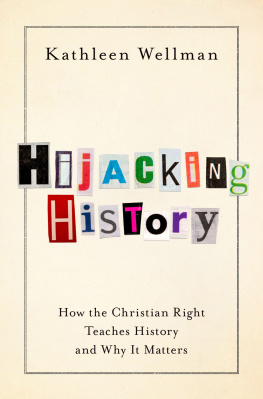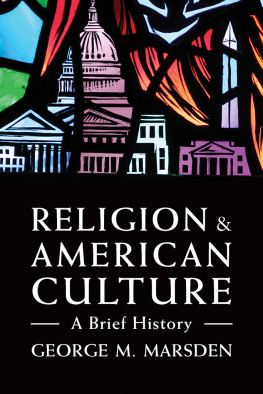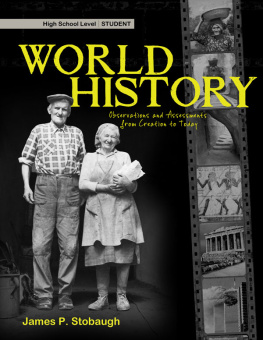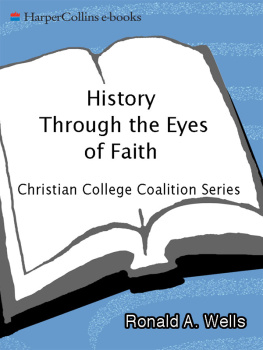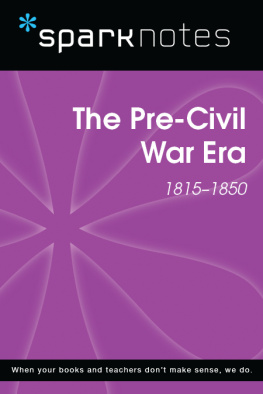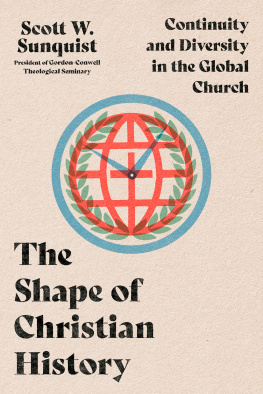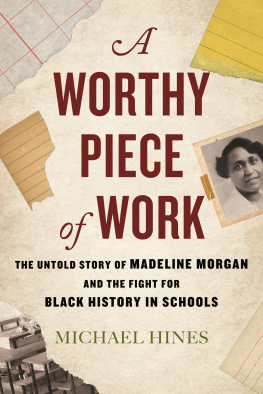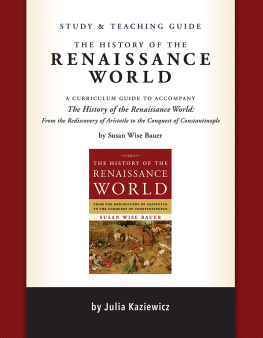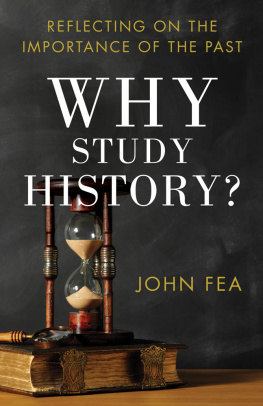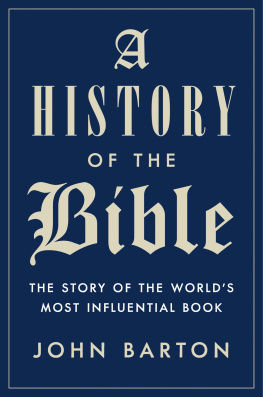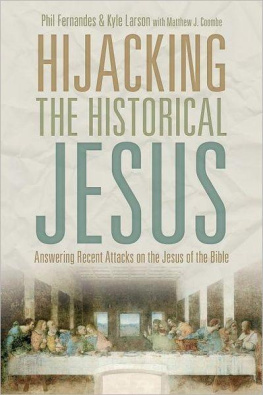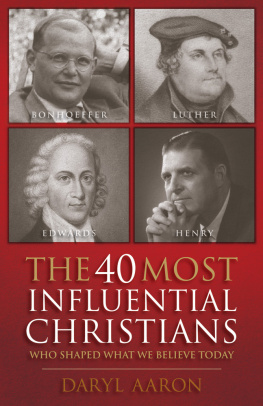Hijacking History

Oxford University Press is a department of the University of Oxford. It furthers the Universitys objective of excellence in research, scholarship, and education by publishing worldwide. Oxford is a registered trade mark of Oxford University Press in the UK and certain other countries.
Published in the United States of America by Oxford University Press
198 Madison Avenue, New York, NY 10016, United States of America.
Oxford University Press 2021
All rights reserved. No part of this publication may be reproduced, stored in a retrieval system, or transmitted, in any form or by any means, without the prior permission in writing of Oxford University Press, or as expressly permitted by law, by license, or under terms agreed with the appropriate reproduction rights organization. Inquiries concerning reproduction outside the scope of the above should be sent to the Rights Department, Oxford University Press, at the address above.
You must not circulate this work in any other form and you must impose this same condition on any acquirer.
CIP data is on file at the Library of Congress
ISBN 9780197579237
eISBN 9780197579251
DOI: 10.1093/oso/9780197579237.001.0001
For friends and colleagues at Southern Methodist University
Contents
I became concerned about the issues that define this book when I learned about the 2010 history standards mandated by the State Board of Education (SBOE) of Texas for 2014 textbooks. Those standards, known as Texas Essential Knowledge and Skills (TEKS), imposed ahistorical stipulations on teaching history in Texas. Several introduced rather bizarre requirements for treating world history within my own areas of expertise, among them the obligation to acknowledge Thomas Aquinas and John Calvins influence on the founding of the United States. In other words, students had to recognize that two theologiansa medieval Catholic and a Protestant Reformerexerted decisive influences on eighteenth-century Americans. One of the most ideological members of the SBOE, Cynthia Dunbar, argued for excluding Thomas Jefferson from the Founding Fathers because of his ties to the Enlightenment. Other standards, including those which systematically deemphasized slavery or insisted on the Christian roots of American government, provoked historians outcries. Nonetheless, the controversial TEKS of 2010 were mandated for inclusion in textbooks to be reviewed by external experts commissioned by the SBOE before adoption in 2014.
How could such ahistorical standards for teaching history have been accepted by the SBOE? Where had these strikingly ahistorical ideas come from? The first question had some obvious answers. School board members in many states are elected in districts explicitly gerrymandered to provide safe seats for one party or another. Like candidates for other elective positions, school board candidates represent their parties extreme wings. Education has long been a hot-button issue in Texas and such elections often attract candidates with extreme views. In 2010, most Texas SBOE members were extremely conservative. The history standards they implemented reflected their beliefs and those of the experts whose opinions they solicited. An expert was anyone endorsed as such by two board members. Conservative, handpicked experts weighed in on whether or how standards should be modified. The battle over standards exposed a hollow notion of expertise as self-promoting, ideologically sanctioned, and impervious to evidence or scholarship.
When the textbooks conforming to the new TEKS were available for review by outside reviewers in the spring of 2014, I volunteered to evaluate world history textbooks but was not chosen. Mark Keogh, then a candidate for the Texas House of Representatives as a member of the Tea Party, was selected. His prior professional experience was as a car salesman, although he had retired to run a ministry and, in 2018, was elected county judge of Montgomery County, Texas. The Texas Freedom Network (TFN), an organization dedicated to protecting religious freedom and civil rights, highlighted my example to show what the SBOE sought in outside evaluators. It compared my credentials as a historian, then chair of Southern Methodist Universitys history department, with extensive publications and a long teaching career, to Keoghs, whom the board deemed more appropriate. I was just one of the many academics rejected in favor of reviewers who would more reliably ensure that the textbooks presented the right historical narrative.
Nonetheless, I read some textbooks to see how publishers had implemented the standards I found most peculiar. To my relief, they had clearly been flummoxed by the stipulation to include Thomas Aquinas and John Calvin; they merely inserted their names into lists of religious thinkers. I was, however, disconcerted by the frequent mentions of Moses. Textbooks eagerly espoused him as fundamental to morals, laws, and documents crucial to the American founding. I was not then aware just how crucial Moses and Mosaic Law are to the claim that America was founded as a Christian nation. That was just one of my discoveries as I tried to understand these highly unorthodox views.
As these TEKS were directed toward an explicit rewriting of history, I wondered about sources for their views and, more generally, what the history they promoted was intended to convey. In exploring the sources of these ideas, I became especially intrigued by the three most prominent Christian curricula, published by Abeka Books, Bob Jones University Press, and Accelerated Christian Education, which are the central focus of this book. These are all long-standing, conservative Christian publishers whose wares served the private schools that proliferated after desegregation but are now used by homeschoolers and in charter schools and private schools with publicly funded vouchers.
Initially, I wanted to see if these curricula gave clues to the TEKS. They proved to be an especially useful source for understanding them. I focused on world histories for high school students, typically grade ten or eleven, because the textbooks offered the most expansive historical overview, both chronologically and geographically, with extensive global implications. I found that these curricula articulated an idiosyncratic but generally consistent narrative fundamentally at odds with that of the historical profession. As I explored them, I found their account ever more disquieting but also recognized how loudly it resonates in the public sphere, spread by an extensive array of conservative Christian media.
My efforts to understand and contextualize these Christian textbooks directed me beyond world history to American religious and political history. These curricula not only read human history as a gloss on the Bible but also impose their understanding of American history first on European history and then on the globe. They use world history to take positions in crucial debates about Americaits founding, national character, and presumed purpose. These textbooks thus offer an entre into Americas sense of itself, its past, and its place in the world. They allow readers to revisit intense debates about education and raise questions about religion and its role in American political culture. My exploration of the origins of ideas shaping these curricula led me into the history of the political and Christian right in America.

